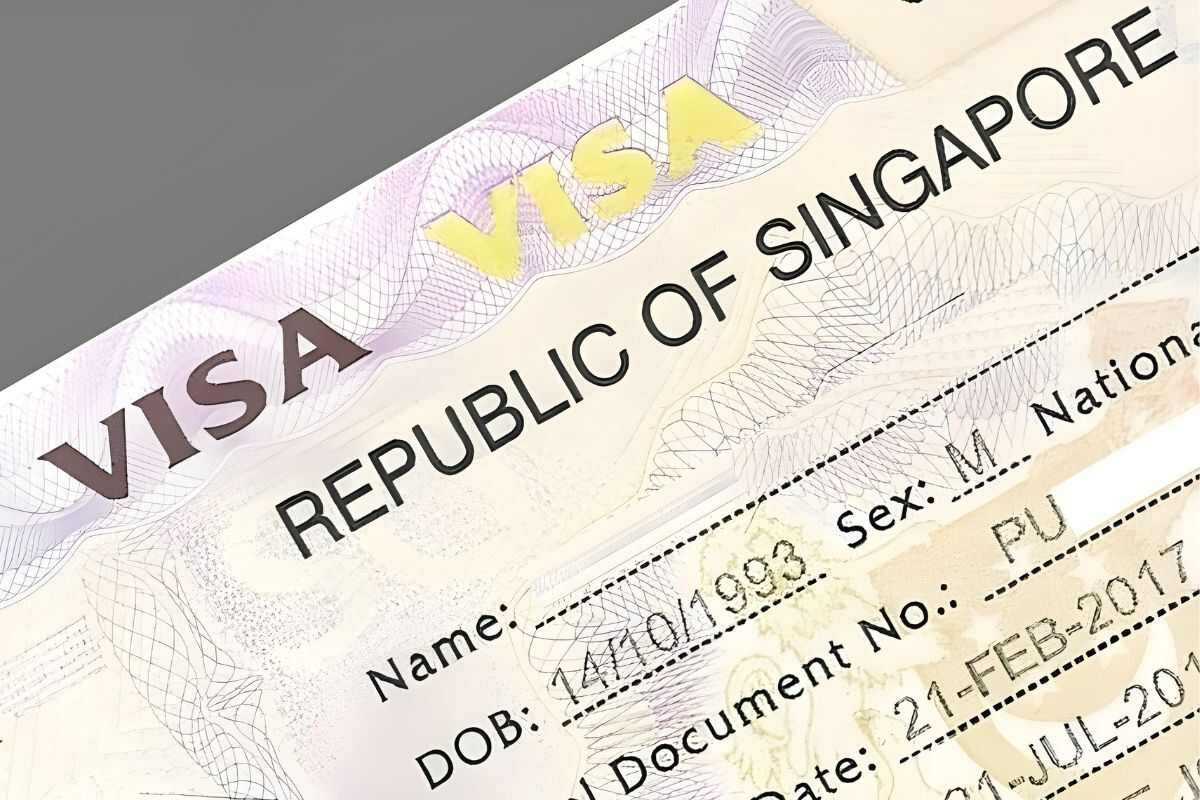Singapore, renowned for its dynamic economy and global appeal, is once again making headlines with its latest adjustments to Employment Pass requirements.
As one of Asia’s most diverse and open economies, Singapore continues to attract top talent from around the world. However, amidst concerns about job competition and ensuring opportunities for locals, the city-state is recalibrating its approach to expat workers.
Let’s delve into Singapore’s recent changes to its Employment Pass system and explore the implications for businesses and the workforce.
Singapore Employment Pass Requirements
Singapore is making changes to its Employment Pass system, prioritizing locals in the job market. The key points are a higher salary threshold to attract high-end talent, addressing local concerns about job competition, impact on businesses with potential challenges for SMEs, Singapore’s allure as a business hub likely to remain strong and focus on creating high-quality jobs for locals.
Here’s a breakdown of the key points:
1. Higher Salary Threshold
Starting next year, foreign professionals seeking an Employment Pass (EP) will need to clear a higher salary hurdle. The minimum monthly salary for EP holders jumps from S$5,000 (US$3,700) to S$5,600 (US$4,140).
In the financial sector, the bar is set even higher, rising from S$5,500 (US$4,100) to S$6,200 (US$4,600). This move aims to attract highly skilled talent in critical areas, ensuring they bring significant value to Singapore’s economy.
2. Targeting High-End Talent
The increased salary requirements signal a shift towards attracting top-tier foreign professionals. These individuals will ideally fill specialized positions where local talent might be limited. Their expertise can contribute significantly to Singapore’s competitiveness in key industries, driving innovation and growth.
3. Addressing Local Concerns
The government acknowledges public anxieties about competition for jobs, particularly with a growing population and ageing workforce. By raising the EP salary threshold, they aim to create a fairer playing field for Singaporean professionals. This can help alleviate concerns and ensure opportunities for both local and foreign talent.
4. Impact on Businesses
Large companies with ample resources can adapt to the higher salary requirements. However, some SMEs with tighter budgets might face challenges in attracting foreign talent. This could spur innovation within these businesses, focusing on improving efficiency and developing the skills of their local workforce.
5. Singapore’s Allure Remains
Despite the changes, Singapore’s strong economic fundamentals remain a major draw for international companies. Its world-class infrastructure, business-friendly environment, and strategic location continue to hold significant appeal. This suggests Singapore will likely retain its position as a preferred destination for regional headquarters.
6. Focus on High-Quality Jobs
The government’s commitment to creating high-quality jobs for Singaporeans is expected to gain further momentum with these changes. By prioritizing local talent development through training programs and initiatives, Singapore can build a strong domestic workforce that meets the evolving needs of its economy.
7. Alternative Options for Foreign Talent
While the EP requirements become more selective, other immigration schemes like the Overseas Networks & Expertise Pass remain available. This caters to “top talent” in specific fields like arts, culture, and academia, ensuring Singapore continues to attract exceptional individuals who can contribute in diverse ways.
Conclusion
Overall, Singapore is striving for a balance between attracting global talent and ensuring opportunities for its citizens. These adjustments aim to refine the EP system to target high-skilled foreign workers who contribute to the long-term growth of the nation.
Follow and connect with us on Facebook, Twitter, LinkedIn, Instagram and Google News for the latest travel news and updates!





